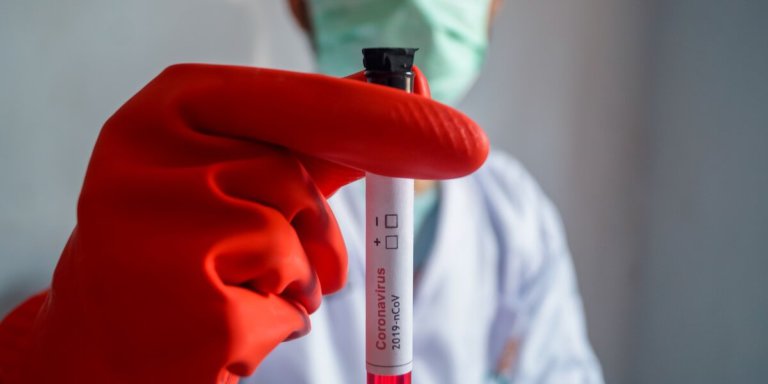
The race is on to develop a vaccine for the coronavirus, as fears grow around the world on the outbreak of this dangerous new virus that is believed to have originated from a wet market in Wuhan, China.
Researchers at the University of Queensland in Australia are among those requested by the Coalition for Epidemic Preparedness Innovations (CEPI) to develop a vaccine.
The university was given a grant for this purpose due to their new patented rapid response technology for the development of vaccines – known as a “molecular clamp”.
Head of the university’s School of Chemistry and Molecular Biosciences, Professor Paul Young, said in a statement: “The team hopes to develop a vaccine over the next six months, which may be used to help contain this outbreak.
“The vaccine would be distributed to first responders, helping to contain the virus from spreading around the world.”
New vaccines to target the #WuhanCoronavirus will be developed by @UQ_News upon request by @CEPIvaccines. #CoronavirusOutbreak #coronavirus https://t.co/YSshWwq19H
— U2B (@U_2_B) January 28, 2020
Dr Daniel Watterson, a senior research fellow at UQ, expressed confidence in an interview with ABC that the team will be able to deliver on the coronavirus vaccine.
He said: “We’ve built this technology specifically for this type of response, so we’re quite confident we can actually target this type of pathogen.”
“We’re really under the pump now to see whether we can deliver, but we’ve already begun the initial stages which involve getting the DNA sequence and putting it into cells to produce the protein.”
Explaining how the coronavirus vaccine will work, he said that it would mimic the surface protein of the virus to trick the body so that it can create a defence against the real virus.
“The molecular clamp is actually derived for another virus. The first thing we need to have in order to make a molecular clamp vaccine is the sequence of the pathogen. That sequence became available about a week ago when it was released from Chinese researchers.”
CEPI is also working with US pharmaceuticals company Inovio and biotechnology firm Moderna to develop a vaccine.
Several other biotech companies around the world have also announced that they are in the process of vaccine development, but timelines are still vague at this point.
Another university working on the vaccine is Hong Kong University. Chair of infectious diseases at the university Professor Yuen Kwok-yung said his team had isolated the virus from the city’s first imported case.
They modified a nasal spray influenza vaccine previously invented by Yuen’s team with part of the surface antigen of the coronavirus. This would allow it to prevent the new coronavirus as well as influenza viruses.
Speaking to the South China Morning Post, Yuen said: “We have already produced the vaccine, but it will take a long time to test on animals.”
He said it would take up to a year to conduct clinical trials on humans before it would be ready for patients.
Developing vaccines can be an arduous task
This is how the Wuhan coronavirus affects the body https://t.co/YimzpXMku9 pic.twitter.com/r64AL7YmhV
— CNN International (@cnni) January 28, 2020
History has shown that developing effective vaccines for new viruses such as the Ebola and Zika viruses is an uphill battle that can take years.
The coronavirus has claimed 106 lives in China at the time of writing. According to CNN, there are now over 4,515 cases confirmed cases in mainland China.
Wuhan is under quarantine, with all transport routes out of the city closed or heavily guarded. Fifteen cities in China, where a combined number of 57 million people reside, are in full or partial lockdown.
The virus is difficult to contain because those infected can spread it to others before any symptoms appear, meaning that carriers might not know if they have the virus. Symptoms such as runny nose, cough, shortness of breath and fever can take up to 14 days to show.
Governments around the world are taking action by screening travellers at airports, restricting travel visas for residents in China, and placing those who have travelled to Wuhan under quarantine.
The US currently has five confirmed cases of the virus, while infections have also been confirmed in France, South Korea, Japan, Nepal, Thailand, Cambodia, Singapore, Malaysia, Taiwan, Vietnam and Canada.
Liked this? Then you’ll love…
Schools and universities on high alert following coronavirus outbreak
Should UK universities be worried over influx of Chinese students?







